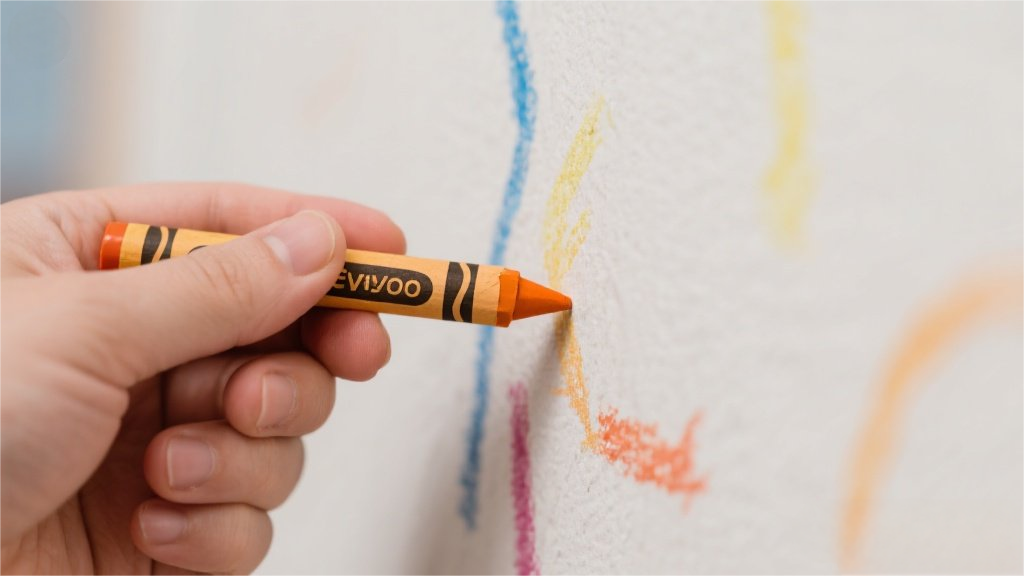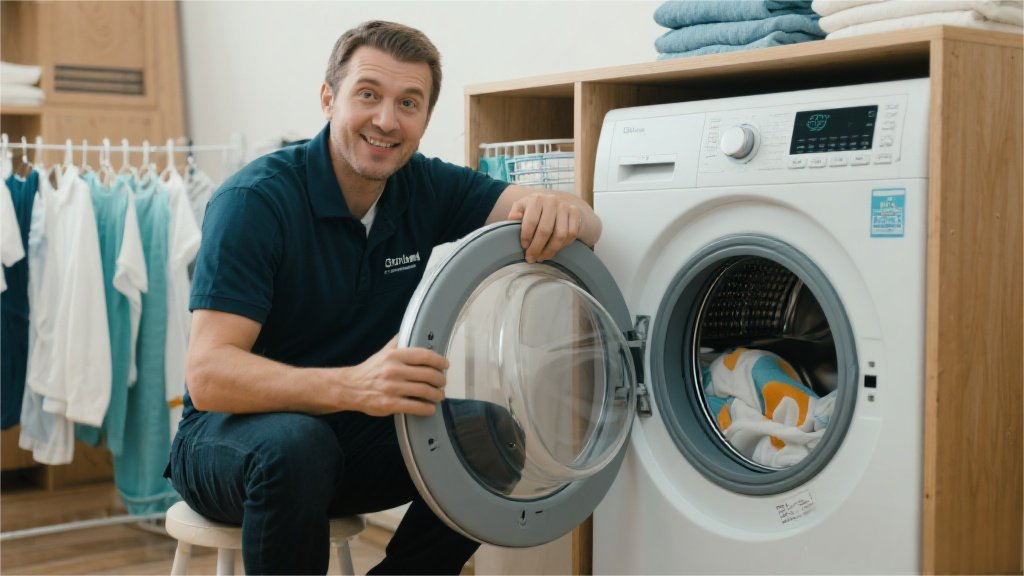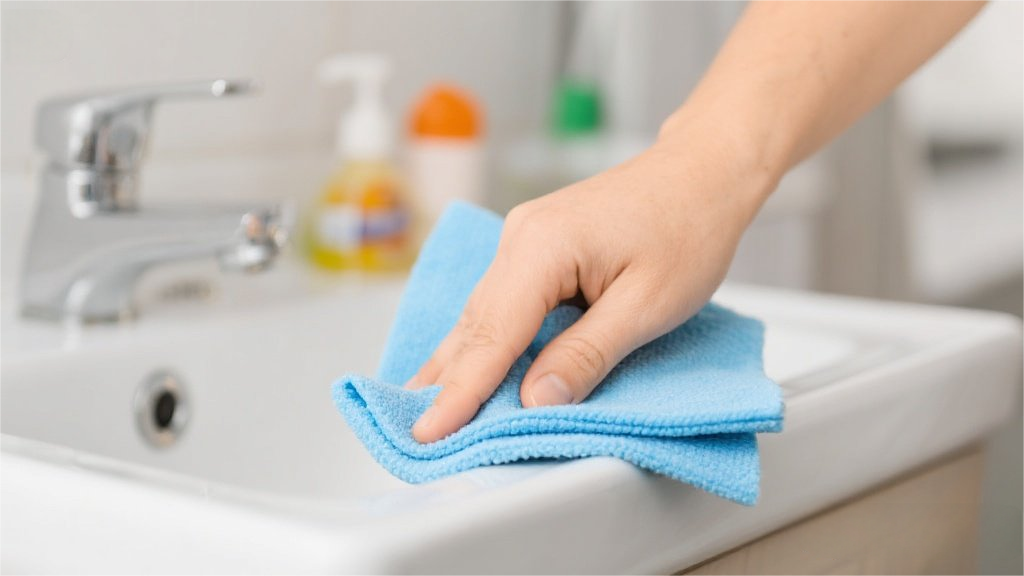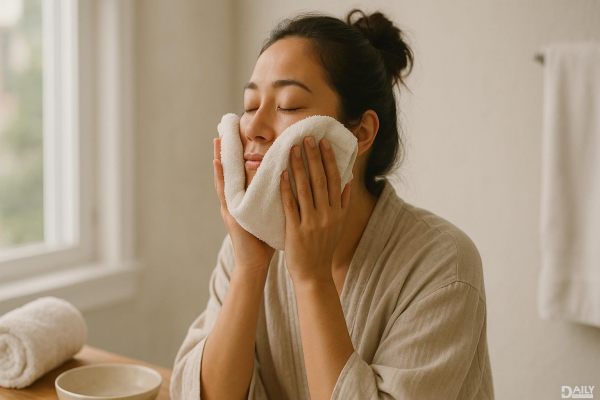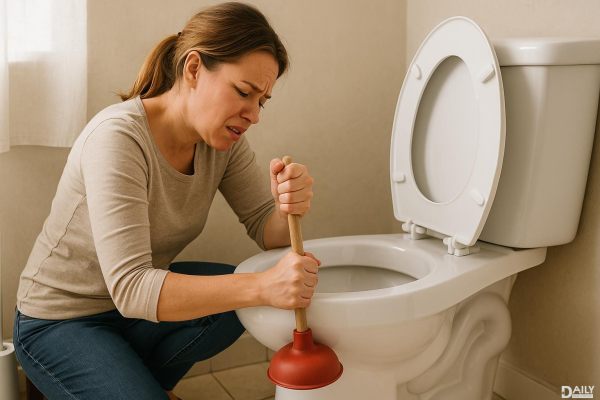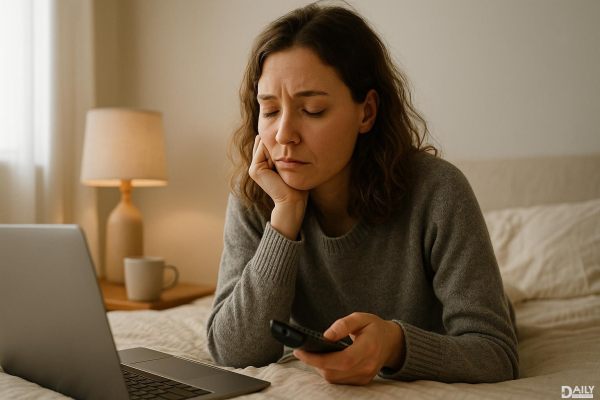If you've ever pulled an all-nighter or gone through a sleepless streak, you know the drill—your brain feels foggy, your mood tanks, and suddenly, a pounding headache decides to join the party. Turns out, that throbbing pain isn’t just bad luck; it’s your body’s way of waving a red flag about your sleep habits. Sleep and headaches are tangled up in a messy relationship, and science is here to break down why skimping on rest leaves your head feeling like it’s stuck in a vice.
The Brain’s Night Shift: How Sleep Cleans House
Think of your brain as a high-powered office that generates a ton of waste—metabolic byproducts, leftover proteins, and other gunk that needs clearing out. Enter the glymphatic system, your brain’s janitorial crew that kicks into overdrive during deep sleep. "This cleanup process is crucial for preventing the buildup of toxins that can trigger inflammation and headaches," explains Dr. Tietjen. When you shortchange sleep, this system gets disrupted, leaving behind the neurological equivalent of a trash-filled room. The result? A headache that feels like your brain’s way of sending you an angry memo about your poor time management.
Hormonal Chaos: The Cortisol Connection
Sleep deprivation throws your hormones into a tailspin, and cortisol—the body’s stress hormone—is often the ringleader. "When you’re sleep-deprived, cortisol levels spike, which can increase sensitivity to pain and lower your headache threshold," says Dr. Dias. This explains why a rough night can leave you wincing at bright lights or even mild noises the next day. It’s not just in your head (well, technically it is, but you get the point). Your nervous system goes on high alert, turning everyday stimuli into potential headache triggers.
The Vicious Cycle: Headaches That Steal Sleep
Here’s the kicker: While lack of sleep can cause headaches, the reverse is also true. Migraines and tension headaches often make it harder to fall or stay asleep, creating a brutal loop. "Patients with chronic headaches frequently report fragmented sleep or insomnia, which then exacerbates their pain the next day," notes Dr. Tietjen. It’s like your brain’s stuck in a bad rom-com—headaches and insomnia keep ghosting each other but somehow always end up back together.
Sleep Apnea’s Sneaky Role
If you’re someone who snores like a chainsaw or wakes up gasping, obstructive sleep apnea (OSA) might be your headache’s accomplice. "OSA causes repeated oxygen drops during sleep, which stresses the brain and blood vessels, leading to morning headaches," says Dr. Dias. These headaches often feel like a tight band around your forehead and tend to fade as the day goes on—but that’s little comfort when you’re chugging coffee just to function. The fix? A sleep study to diagnose OSA and treatments like CPAP machines, which keep airways open and headaches at bay.
Breaking the Cycle: Sleep Hygiene Hacks
Ready to evict headaches from your life? Start with sleep hygiene. Dim the lights an hour before bed, ditch screens (yes, that means Instagram doomscrolling), and keep your bedroom cool—around 65°F is ideal for most people. "Consistency is key," emphasizes Dr. Dias. "Going to bed and waking up at the same time every day trains your brain to expect rest, making it easier to fall asleep and stay asleep." If headaches persist, a neurologist or sleep specialist can help untangle whether an underlying disorder—like migraines or restless leg syndrome—is sabotaging your shut-eye.
At the end of the day (or night), treating sleep like a non-negotiable appointment with yourself is the best defense against headaches. Your brain’s not being dramatic—it just really needs those Zzz’s.
